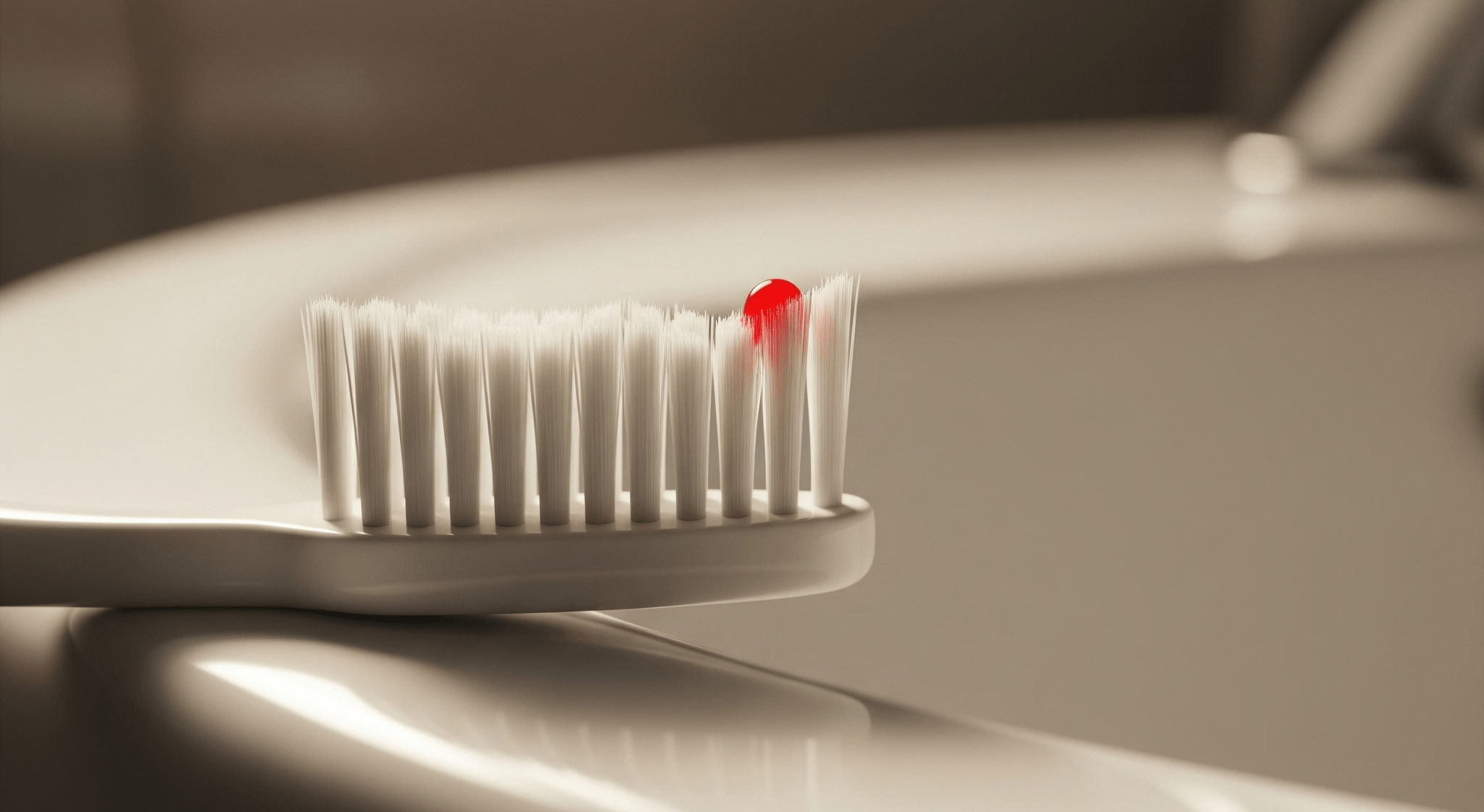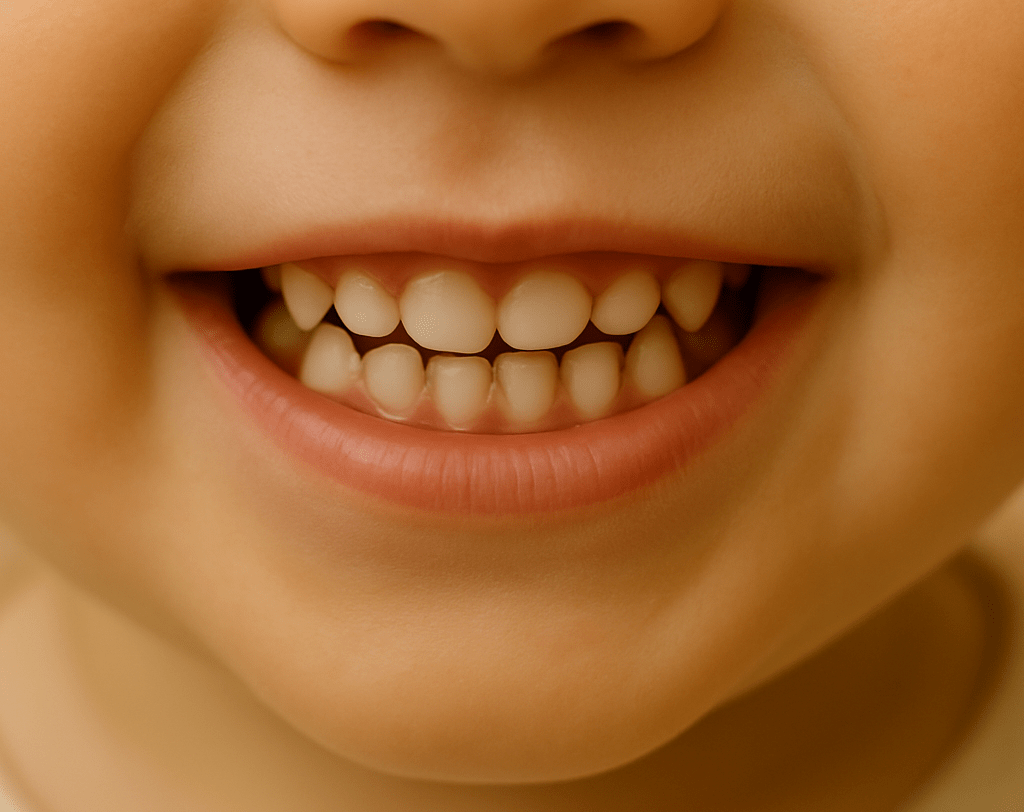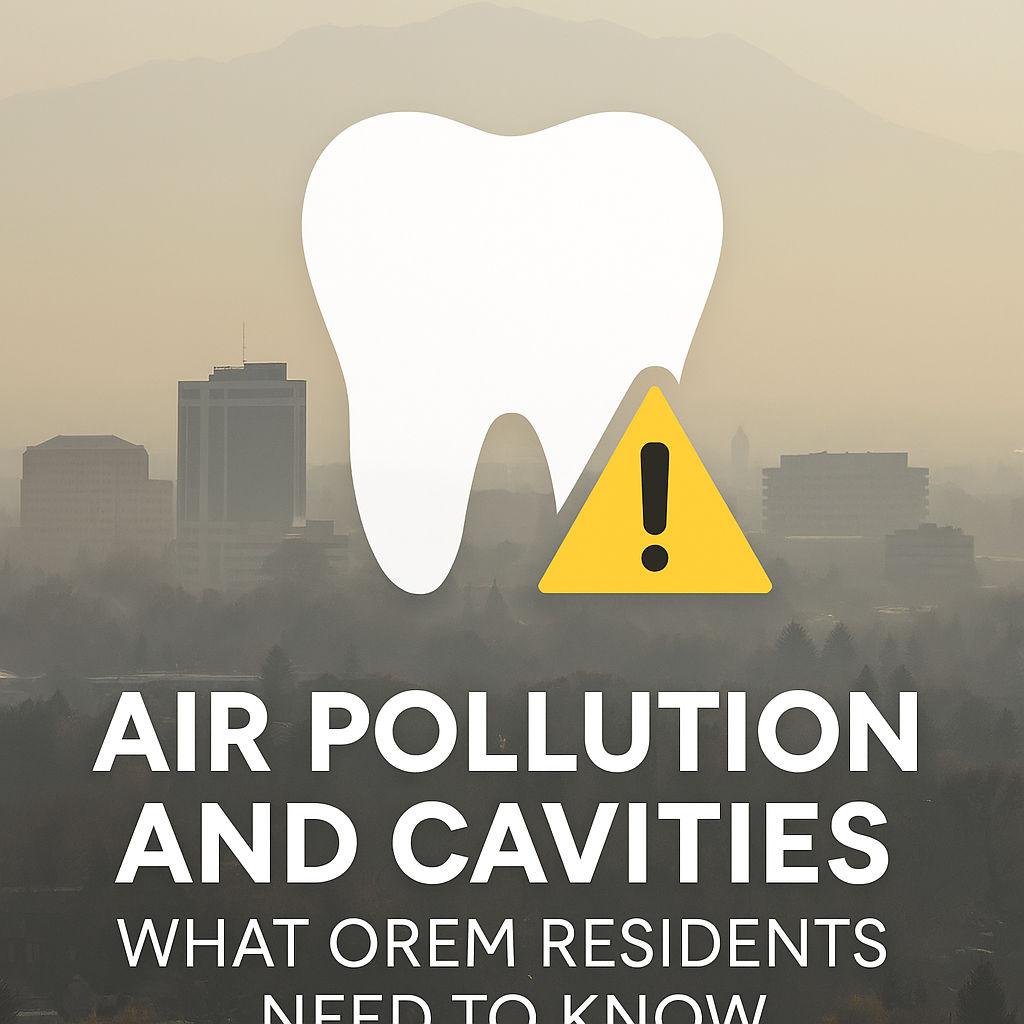Blog Highlights
- It’s important to notice the signs of acid reflux in children and take preventative measures
- Some dentists may recommend fluoridated water to protect your child’s teeth throughout the day
- With acid reflux it’s important to reduce the amount of sugary foods that your child consumes
Have your child’s teeth started to decay despite a healthy diet and regular brushing and flossing? Your child may be suffering form acid reflux.
A study from the University of California at San Francisco discovered that children with acid reflux are several times more likely to experience enamel damage than healthy children. Most of the time, a child will think that acid reflux is something normal and may not speak of it to you, which can lead to tooth damage.
It’s important to notice the signs of acid reflux in children and take preventative measures when possible.
Visit Your Dentist Early and Often
If your child was diagnosed with acid reflux at an early age, maybe even before the age of one, make sure you visit the dentist as soon as their teeth begin to come in. Dentists can easily spot the early stages of acid reflux damage. They will devise a treatment plan and will likely need to see your child every three months. Catching reflux early and taking preventative measures can save your child a lot of trouble in the future.
Fluoride
Fluoride is important for everyone’s teeth, but it is even more important for children suffering from acid reflux. Acid reflux makes it so that the patient’s teeth are continually under attack. Fluoride can help add a layer of protection against the acid. Some dentists may recommend fluoridated water to help protect your child’s teeth throughout the day. They may also prescribe liquid fluoride or fluoride pills.
Diet
With acid reflux it’s important to reduce the amount of sugary snacks and drinks that your child consumes. You should also limit acidic foods such as tomatoes and other fruits. Make sure that your child doesn’t eat or snack close to their nap time or bedtime. This will help reduce the potential for further damage.
You may be wondering: Why should you go to all this trouble for your child’s baby teeth when they’ll eventually get permanent teeth? The answer is simple. Maintaining healthy baby teeth helps your child get the nutrition they need and helps them develop life-long habits for a healthy mouth.





